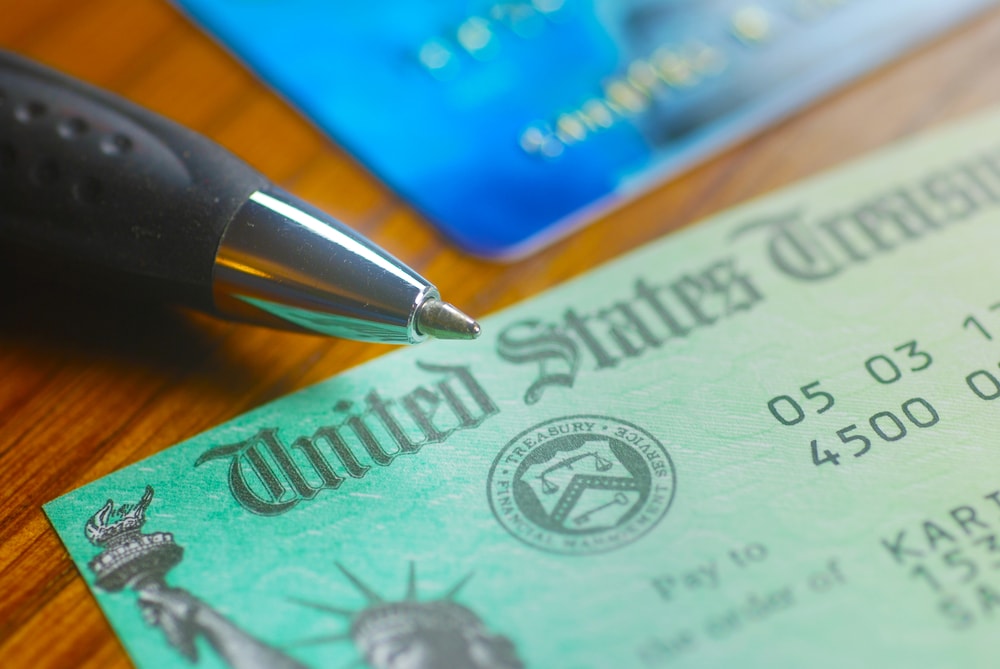Western Union
“Western Union Co. said that a U.S. probe tied to possible money laundering is reviewing whether the firm knew about gaming transactions involving other nations and if the business had sufficient safeguards against such conduct.
The government is investigating ‘concerns the company was aware there were gaming transactions,’ according to the annual report to regulators Friday from the Englewood, Colorado-based money-transfer firm. The probe also is focused on whether the company ‘failed to take proper steps to stop the activity.’
Also added were references to transactions involving Haiti, Philippines, Vietnam, the Dominican Republic, Peru and the Bahamas. It also includes references to Costa Rica, Nicaragua and Panama, which were mentioned in the prior document.”
India: Reserve Bank
“The Reserve Bank of India increased the threshold for reporting of frauds and submission of quarterly progress reports on frauds, by non-banking finance companies (NBFCs) to the Central Fraud Monitoring Cell, from ₹25 lakh to ₹1 crore with immediate effect.
As regards reporting and submission of quarterly progress reports below the revised threshold, NBFCs will have to furnish the same to the Regional Office of the RBI, Department of Non-Banking Supervision, under whose jurisdiction the Registered Office of the NBFC falls.”
Chinese Banks
“Fraudulent loans are on the rise in China as economic growth slows, threatening to further undermine the country’s $29 trillion banking system, which is already under pressure from an indebted corporate sector. A series of loan frauds has ripped holes in the balance sheets of a range of lenders, from the large — Agricultural Bank of China — through to the various small, commercial lenders.
The latest victim to emerge is Bank of Liuzhou, where $4.9 billion (Rmb32.8 billion) in fraudulent loans were discovered by the bank late last year, according to the state-backed China Business Journal. That represents more than 40 percent of the bank’s total assets of Rmb80 billion at the end of 2014 — a dent so large on the bank’s balance sheet that it is likely to require government intervention.
The case is one the country’s biggest banking frauds in decades. This followed China Citic Bank, the country’s ninth-largest bank by assets which late last month said it was investigating a $147 million fraud.”
Credit Suisse
“Milan prosecutors are probing whether Credit Suisse Group AG engaged in money laundering and evaded taxes when it sold billions of euros of insurance policies that clients from Italy used to shield funds from tax authorities, people with knowledge of the case said.
Starting in 2005, Credit Suisse allegedly helped about 4,000 clients protect as much as 8 billion euros ($8.9 billion) of funds that were earned illicitly, mainly as income that was undeclared to Italian tax authorities, said the people, who asked not to be identified because the probe isn’t public.
Clients were sold insurance policies issued by Lichtenstein and Bermuda subsidiaries of the bank, the people said. The scheme enabled them to skirt a Swiss withholding tax on deposits in foreign-held accounts while retaining access to their cash, which they could still manage from Swiss accounts.”
Millions Stolen from Despots and Crooked Elites
“It’s hard to imagine a public official with more toys than Teodoro Nguema Obiang Mangue, who spent $300 million on Ferraris, a Gulfstream jet, a California mansion and even Michael Jackson’s “Thriller” jacket. The buying spree is all the more remarkable since this scion of the ruling family of Equatorial Guinea, one of Africa’s smallest countries, bought all this while on an official salary of $100,000 a year.
But legal action by the Justice Department has brought an end to Mr. Obiang’s spendthrift ways. His $30 million Malibu estate is on the market, as are his luxury cars and six life-size Jackson statues. Proceeds from these sales are earmarked for citizens of Equatorial Guinea, who prosecutors claim are victims of Mr. Obiang’s ‘relentless embezzlement and extortion.’
The turnabout in Mr. Obiang’s fortunes is part of an effort by the federal government to recover assets it says were stolen by foreign officials — dictators, politicians and ruling elites — and laundered in the United States. Since its start in 2010, the Kleptocracy Asset Recovery Initiative has grown to include a dozen government lawyers and teams from the F.B.I. and Homeland Security.”
ICBC Bank
Spanish police searched the Madrid branch of Chinese bank ICBC as part of a probe into the suspected laundering of at least €40 million (HK$346.9 million), police said in a statement.
The bank is suspected of being used to “introduce into the financial system funds earned through the alleged crimes of smuggling, tax fraud and the violation of workers’ rights, allowing the transfer of the funds to China in a way that appeared legal,” the statement said.
The Egmont Group
The increasing actions of terrorists and terrorist organizations such as ISIL, al-Qaida and their respective affiliates, as demonstrated by recent terrorist acts in Indonesia, Egypt, France, Lebanon, Mali, Saudi Arabia, Turkey and the United States, and the proliferation of Foreign Terrorist Fighters (FTFs), poses serious threats to security and international financial stability.
In response, the Egmont Group members have cooperated to produce an operational analysis of the financing for ISIL FTFs. The project identified challenges and highlighted successes to information sharing in combating terrorist financing (TF).
Source: www.egmontgroup.org/library/download/421
Underground Banking
China’s vast underground banking network processed more than 1 trillion yuan ($152 billion) in transactions last year, according to media reports Saturday, citing the country’s foreign exchange regulator.
Although Chinese citizens are officially allowed to convert 50,000 yuan ($7,653.90) a year, authorities have detected several ways to defeat the control, including “smurfing,” which involves breaking large sums into a series of smaller transfers using the bank accounts and foreign-exchange quotas of a range of individuals. Some underground banks are also known to use non-resident accounts and shell companies based in Hong Kong.
Source: http://www.ibtimes.com/chinas-underground-banking-transactions-rose-152b-2015-2306301
FINRA Bars Brokers
The Financial Industry Regulatory Authority (FINRA) announced that it has barred two Buffalo-based brokers – Timothy S. Dembski and Walter F. Grenda – from the securities industry for fraud in connection with the sale of a hedge fund, the Prestige Wealth Management Fund, LP. Dembski and Grenda’s misconduct occurred while they were employed with Mid Atlantic Capital Corporation.
Source: https://www.finra.org/newsroom/2016/finra-bars-two-brokers-fraudulent-sales-hedge-fund
Maldives’ Top Political Family
A massive money-laundering cyclone involving $1.5 billion is set to hit the top political family of the Maldives, reveals a trove of documents accessed by The Sunday Standard. Key figures at the center of the controversy are former Maldives Vice President Ahmed Adeeb, Ghassan Maumoon and Faris Maumoon, who are the nephews of President Abdulla Yameen and ex-President Abdul Maumoon Gayoom’s sons.
Documents and email communications reveal that a Singapore-based shadowy businessman named Tan Kuan Yew flew “huge cash amounts” into the Maldives. The money was then laundered through official banking channels in the island country and channelized into legitimate businesses by floating a front company, SitiTrust & Administrator Ltd. According to documents, the idea of a front company was first conveyed by Tan to Ghassan and Adeeb on December 30, 2014. Documents reveal the names of several top government officials, showing that the conspiracy was hatched in connivance with them.
Suspicious Transactions in Russia
Financial transactions worth 11.7 trillion rubles ($152 billion) were classified as “suspicious” in Russia last year, the TASS news agency reported Monday, citing state financial watchdog Rosfinmonitoring (the federal financial monitoring service of the Russian Federation).
The volume of transactions possibly linked to money laundering last year was almost equal to the 2014 volume. In 2013, the volume of such operations totaled 16.2 trillion rubles ($210 billion).











